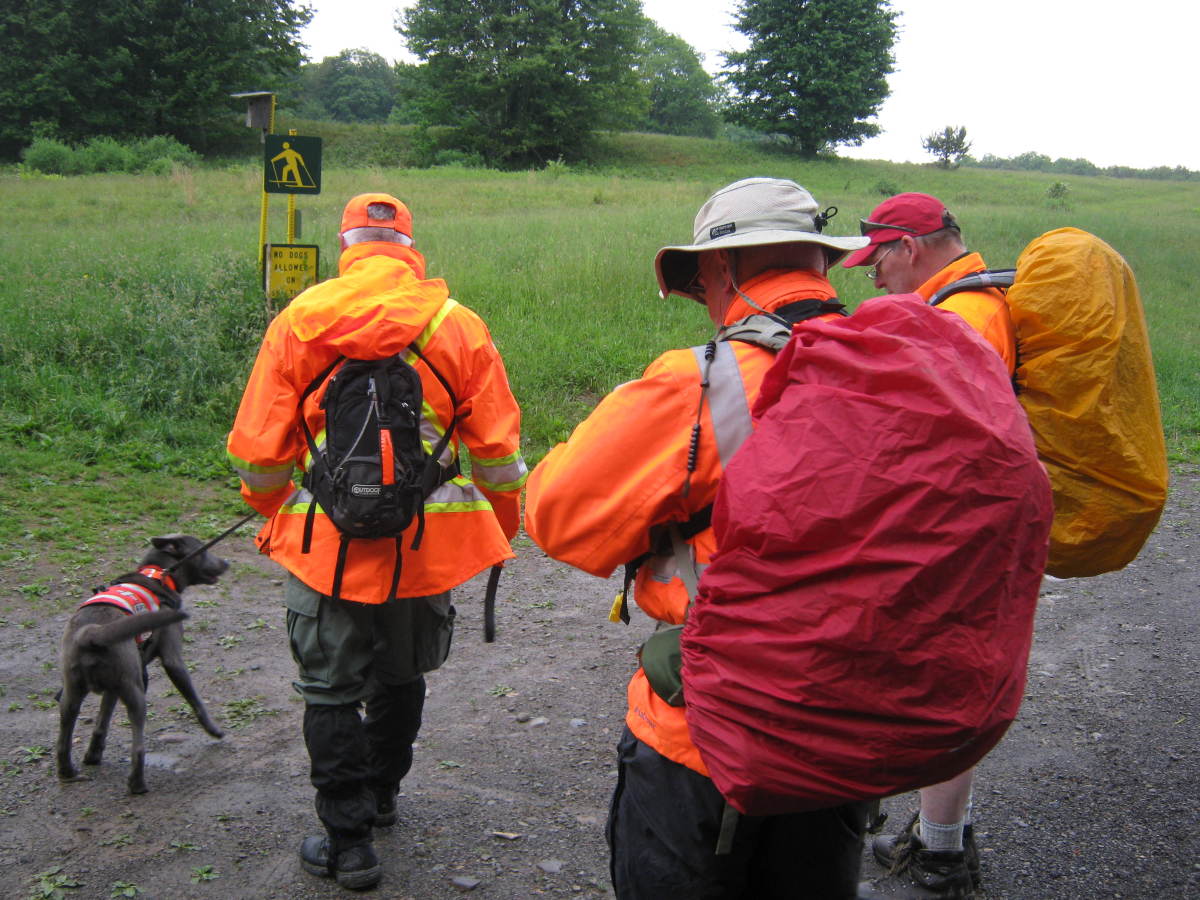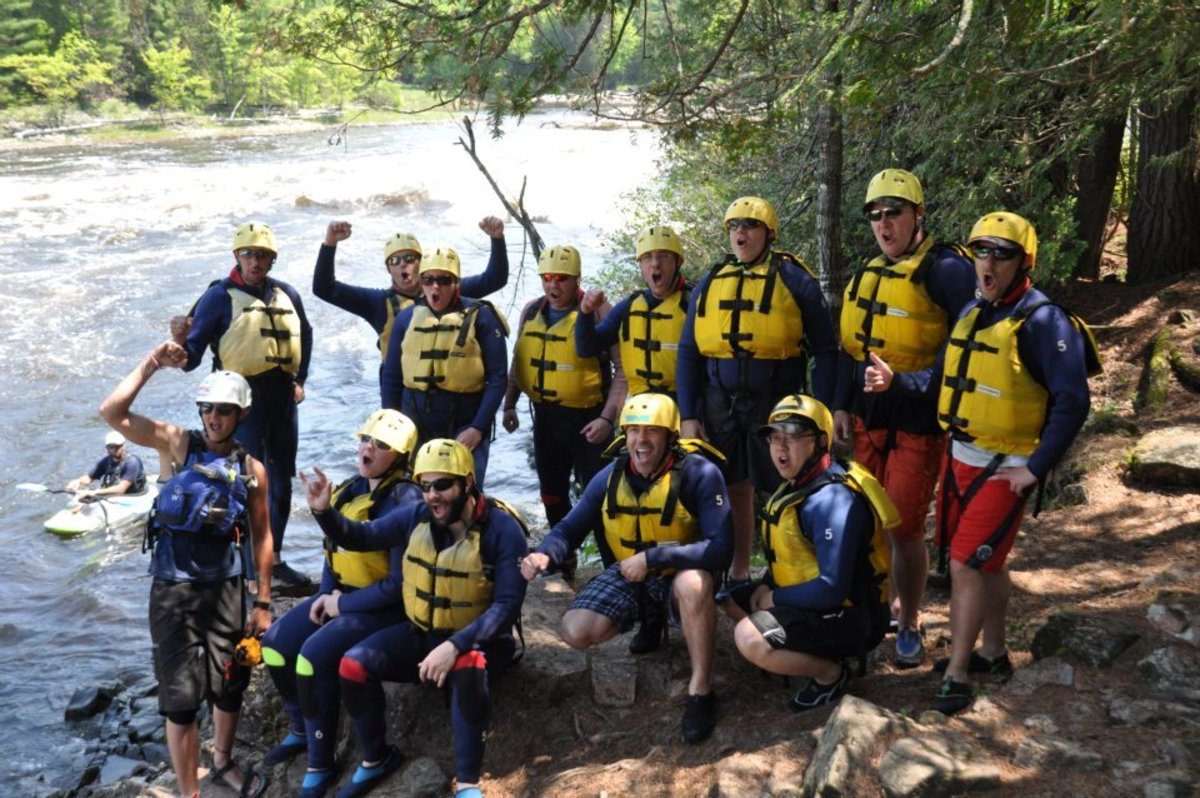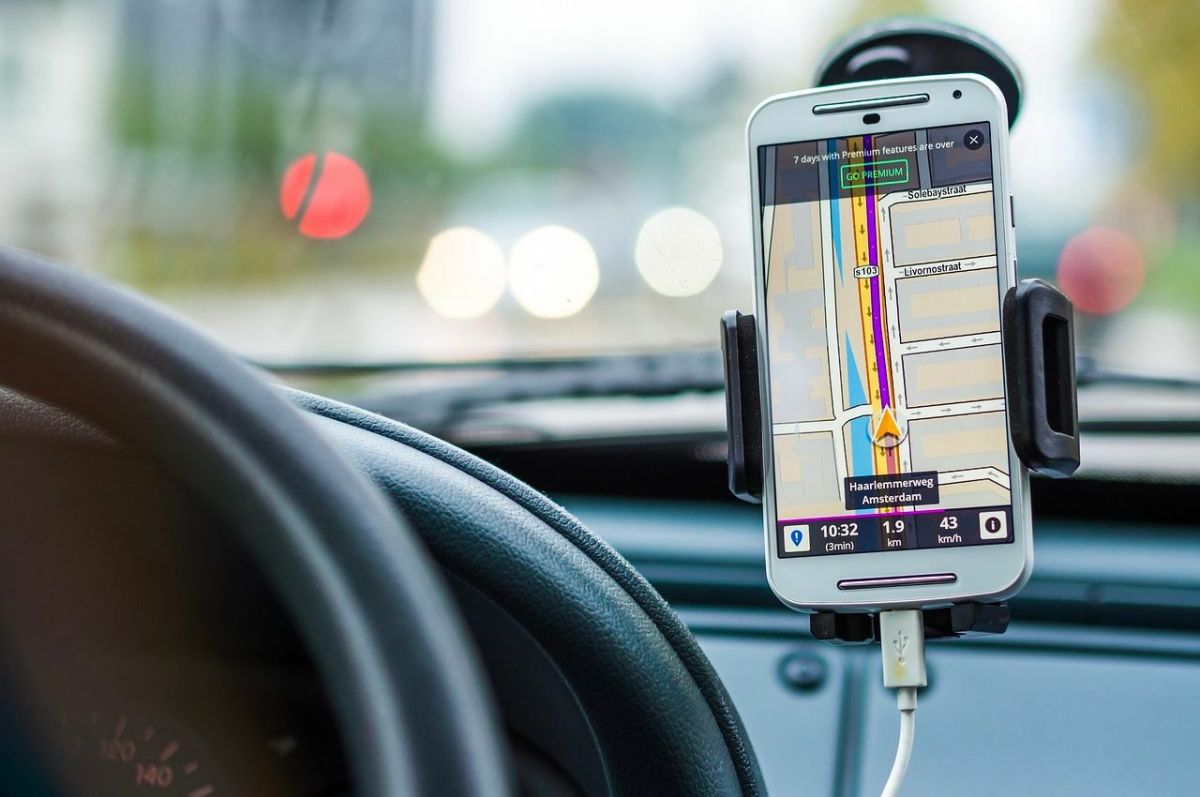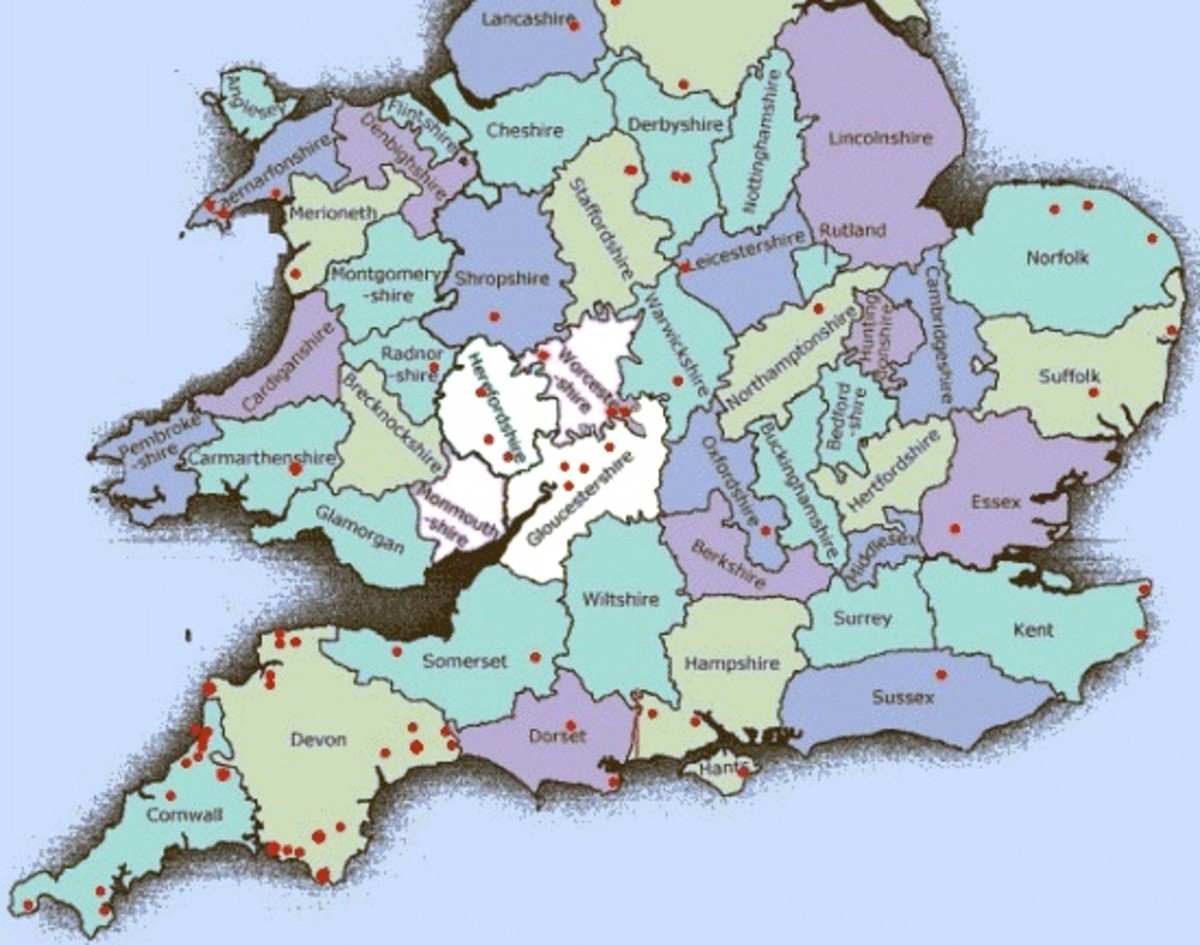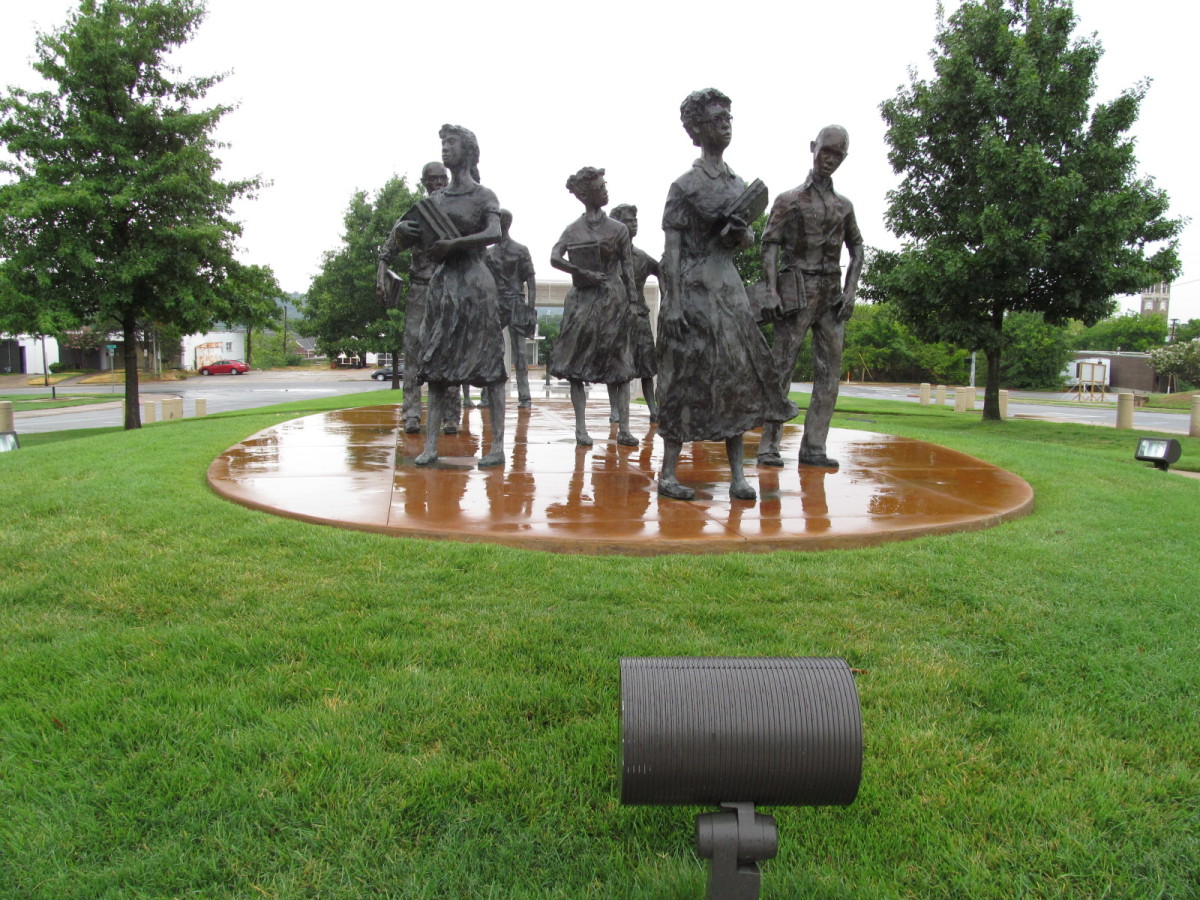The Importance of Gps Devices on Long Hikes
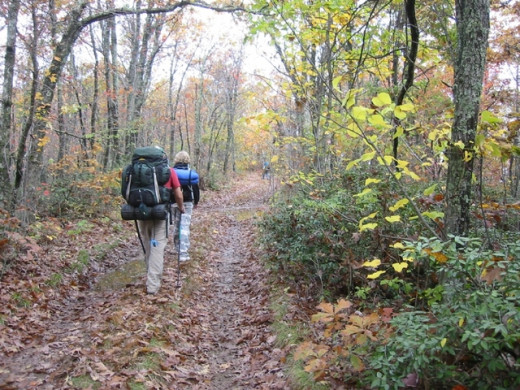
Breathing in the fresh untainted wilderness air is all it takes to remind you why you love the outdoors. Of course, as majestic as nature is, it also has a formidable and unforgiving side if you’re ill-prepared. This is why having a handheld GPS is essential for safety. Unless you have the outdoor IQ of Bear Grylls, a GPS is an item you shouldn’t do without.
Why You Need a GPS
According to the journal Wilderness & Environmental Medicine, the US National Park Service reported 65,439 search and rescue operations conducted between the years 1992 and 2007. That averages to about 11.2 search and rescues per day.
Also keep in mind that you’re at a greater risk for injury or other mishap during a multi-day hike. The reason is simple: the longer you spend outdoors, the more there is for an accident to present itself.
The idea of pointing this out isn’t to frighten you. The point is to reiterate that, yes, nature is beautiful and full of exotic plants and cute and cuddly creatures, but it’s also not a place for neophytes to take lightly.
Also, having a GPS doesn’t make you any less of an outdoor “purist.” A GPS is one of those devices that you hope to not have to really rely on but is there in case your life depends on it.
Basic GPS Features
There are as many Hiking GPS devices as there are GPS systems for driving. You can expect most to have these following features:
- Positional Accuracy – Most devices utilize a 12-channel parallel receiver system. This basically means the receiver is able to simultaneously lock onto multiple satellites for a precise reading of your location.
- Waterproof – Gadgets are inherently vulnerable to damage from factors like physical impact or water. This is why your device should have some level of durability to withstand impact against a rocky ledge or water exposure from a heavy rain spell.
- Long Battery Life – A typical GPS receiver operates on two AA batteries and can last around 16 hours. This should be sufficient for a multi-day trip provided you don’t have the device switched on all day. Regardless, do err on the side of caution and bring a spare set of batteries.
Advanced GPS Features
More advanced models come with maps. Yeah, it’s a bit of a shocker to some that a map is not a basic feature. The most basic GPS systems only track miles, record waypoints and elevation, and show temperature and humidity. Some models may have basic mapping capabilities and show your location in reference to the nearest town or road. More advanced features include fully-featured topographic maps that are already preloaded into the device or can be downloaded.
Advanced models also tend to provide a full-color screen as opposed to a grayscale screen. This isn’t a pivotal feature, but it sure is a lot easier to read a map when colors are used to distinguish topographic lines, and grassy and rocky terrain.
Other advanced features to consider include:
- Electronic compass – A GPS only knows the direction it’s going when it’s moving. Stand still, and it has no clue where even north is. With an embedded compass, it can point you in the right direction when stationary. Like a traditional compass, though, it will need to be calibrated.
- Quadrifilar helix antenna – Most basic GPS systems come with a flat pitch antenna, which can only get a strong signal when held horizontally. A quad helix antenna doesn’t have this limitation and can get a solid signal even when positioned vertically, such as when clipped to your backpack.
- WAAS-Enabled – A WAAS (Wide Area Augmentation System) GPS unit is able to achieve better accuracy readings. This is made possible due to multiple ground-based stations located throughout North America that send GPS error corrections to the satellites for relay back to your GPS.
- Digital Camera – Definitely not an essential feature, but hey, the outdoors are full of backdrops for that perfect wilderness selfie.
Emergency GPS Features
Most important of all, your GPS should have an emergency alert feature. Most models these days have an embedded Personal Locator Beacon (PLB). These operate in the same manner as an Emergency Locator Transmitter (ELT) used on aircrafts. When activated, the PLB sends an SOS signal to the satellites, which in turn send the signal to a ground station maintained by search and rescue authorities.
A GPS Is a Backup and Nothing More
A GPS is a tool that streamlines your outdoor trip. It also provides an invaluable emergency alert function in the event of a worst case scenario. With that in mind, it is NOT a replacement for basic navigation skills. You should still bring along a basic paper map and traditional compass and actually know how to use it.
Here’s a basic video tutorial on compass and map reading for beginners.
Multi-day hikes are a great way to uplift your soul and appreciate an aspect of Earth untouched by modern civilization. At the same time, it can also be merciless to those who venture unprepared. Having a GPS on hand combined with basic outdoors skills is the best way to ensure you don’t fall prey to the thousands of things that could potentially go wrong in a wilderness expedition.



